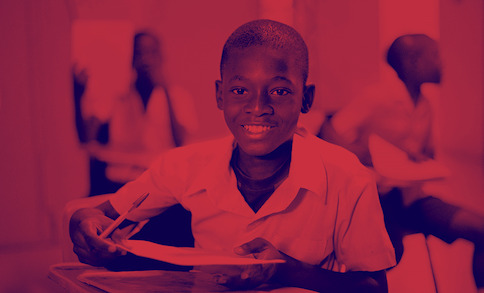
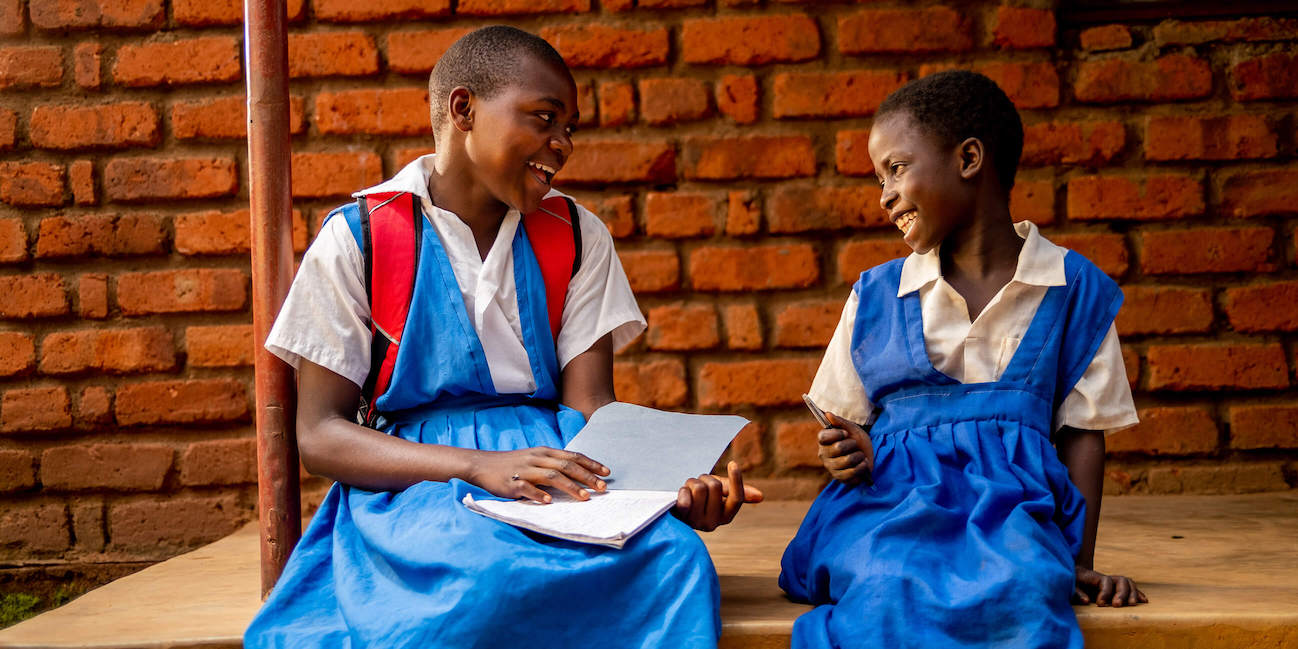
Student dropouts constitute a significant concern in developing countries; even before the pandemic, one out of three Brazilian students dropped out before graduating high school. School closures in the context of COVID-19 have been shown to magnify that problem, with at least seven million additional dropouts worldwide in 2021. Despite efforts from governments worldwide to mitigate learning gaps by the time in-person classes return, interventions to motivate students to remain in school until then have been overlooked.

Recent evidence shows that, in developing countries, behavioral nudges – typically sent through text messages to parents’ cell phones – have the potential to not only significantly improve learning outcomes, but also to drastically decrease dropouts before the pandemic. Having said that, it would be surprising if those effects replicated during school closures because such nudges typically work by inducing parents to show up in school to a greater extent and monitor teachers more closely – a mechanism that might not be meaningful in the absence of in-person classes.
This project studies whether behavioral nudges to motivate high-school students to stay engaged with school activities during the pandemic substantially decreased dropout risk during school closures in Brazil. In partnership with Instituto Sonho Grande and the Goiás State Secretariat of Education in the context of their full-time high school program (Ensino Médio em Tempo Integral), 12,056 high-school students across 57 public schools received nudges, while other 6,200 high-school students across 30 public schools received no nudges or other text messages from their schools over that period.
We found that nudges decreased dropout risk by around 26% over the course of the school year. Effects increased with exposure and were concentrated among students at the highest risk of dropouts. Nudges only worked when sent directly to students’ phones and in schools that already offered online academic activities prior to the pandemic. Framing content in terms of the upside of graduating high school led to higher impacts than framing it in terms of the downside of dropping out. Alluding peer motivation to return to in-person classes to leverage social pressure had no additional effects on dropout risk.
Results show that behavioral nudges can partially mitigate the dramatic increase in student dropouts during school closures by keeping adolescents motivated to stay in school. The patterns of heterogeneous treatment effects are consistent with complementarities between motivation and academic instruction. All in all, our results showcase that insights from the science of adolescent psychology can be leveraged to shift developmental trajectories at a critical juncture, but also raise caution against indiscriminately applying behavioral insights derived from evaluations of similar interventions in contexts of in-person classes or static decision-making.
The loop: adolescent under-education, as multiple forces combine to push students out of school during the pandemic
Breaking the loop: motivating adolescents to stay engaged with remote learning activities through behavioral nudges sent directly to their cell phone
Preventing Student Dropouts in the Pandemic
Students attendance on distance learning has decreased, while dropout rates have increased. In this study in Brazil, we aim at increasing the school engagement of students and parents by sending them text nudges.
- StatusConcluded
- CountryBrazil
- PartnersInstituto Sonho Grande, Goiás State Secretariat of Education, MOVVA
- Timeline2020
- Study TypeRandomized controlled trial
- Sample Size12,056 students
Research Team


Julien Christen
UZH
Similar
Child Development Study
Longitudinal Study on Child Development Based on Wearable Technologies.
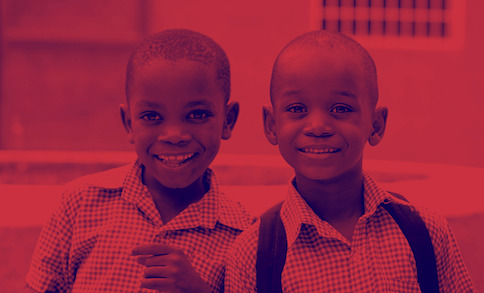
School Closures and Reopening in the Pandemic
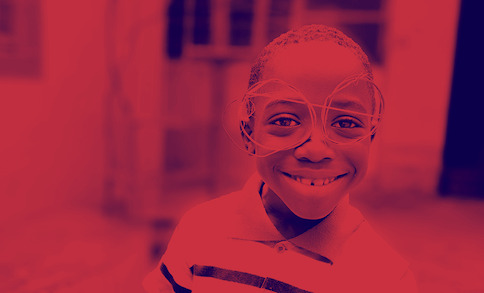
The Growth Mindset Project

Preventive Health Care in Malawi

Sex-Selective Abortion in Armenia
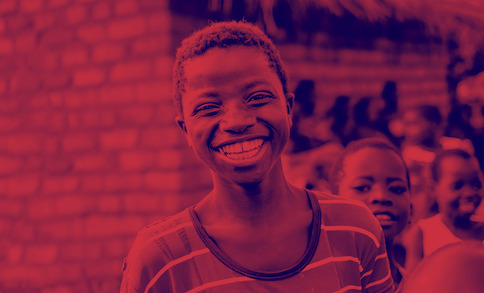
Harmful Practices against Girls in Malawi
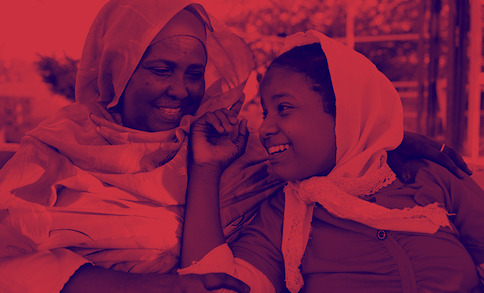
Parental Investment in Children
